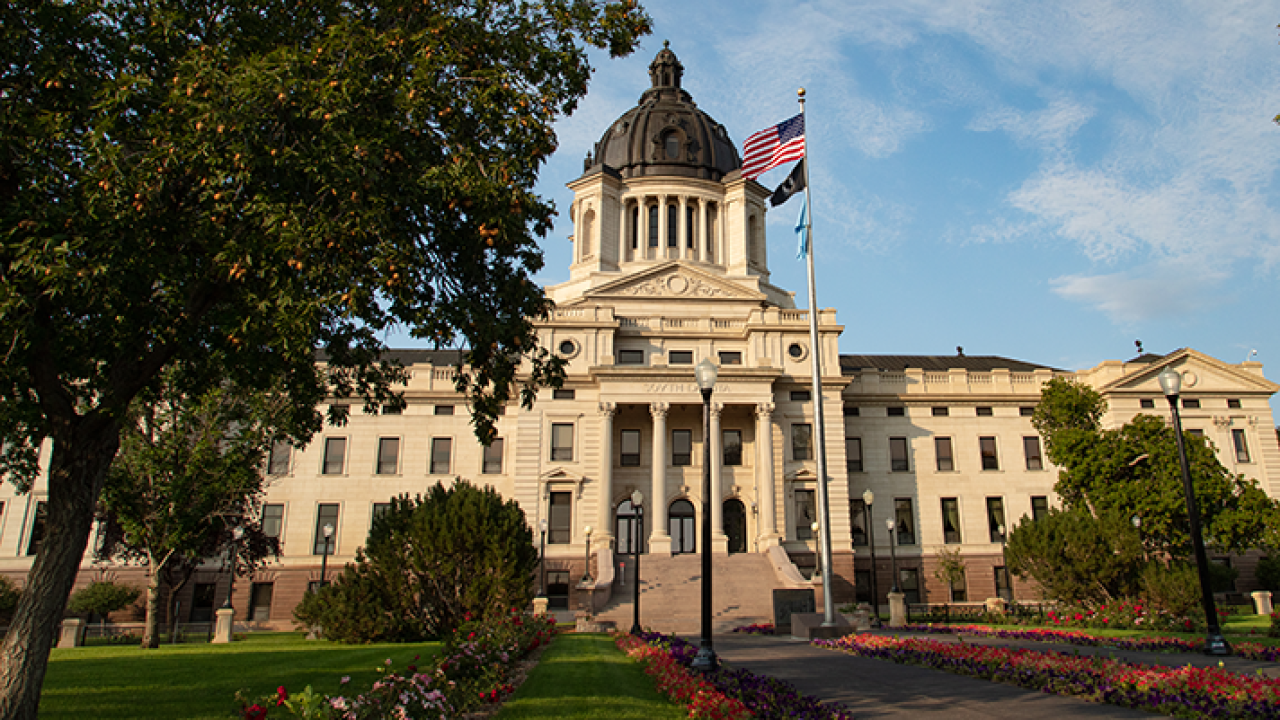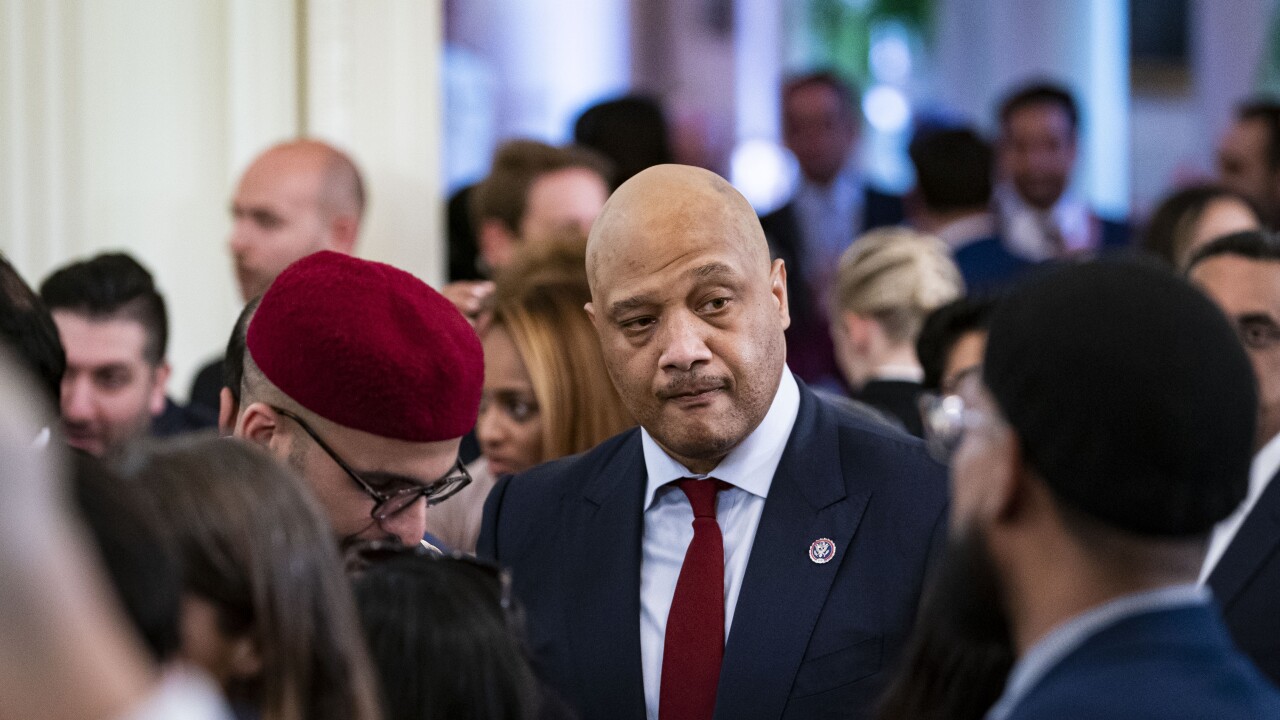Governors and mayors are demonstrating bipartisan support for the direct federal aid approved by the House last week without any Republican congressional votes.
The $1.9 trillion American Rescue Plan, which includes $350 billion in direct state and local aid, is expected to be approved by the Senate on party lines by the end of this week. Vice President Kamala Harris is expected to cast the tie-breaking 51st vote under a budget procedure known as reconciliation.

Republican support for the measure has been limited to outside the Washington beltway, and includes outspoken individual governors such as West Virginia Gov. Jim Justice. In addition, there has been bipartisan support from state and local groups such as the U.S. Conference of Mayors, the National League of Cities, and the National Association of Counties.
Justice, who has spent the last month publicly advocating for a large federal stimulus bill, advised Congress on Friday to “go big or go home,” according to the Associated Press.
“We have tried to underspend and undersize what was really needed to get over the top of the mountain,” Justice told reporters at a coronavirus briefing. “You got a lot of people across this nation who are really hurting.”
NACo and the NLC were among 400 groups that
Other signatories include the School Superintendents Association, the National Association of Bond Lawyers, the National Association of Clean Water Agencies, the National Education Association, and the National Association of Towns and Townships.
“This pandemic and the resulting economic crisis are not partisan issues,” the letter said. “In communities across this country, local officials are desperate to get residents vaccinated, healthy, and back to work.”
Republican Mayors John Giles of Mesa, Arizona, and David Holt of Oklahoma City appeared on CNN last week to dismiss charges by congressional Republicans that some cities have experienced revenue increases.
“I don’t know of a city where revenues have gone up,” Holt told CNN. “That’s news to me and I think that’s not true. Whether your mayor is a Republican or a Democrat, revenues are down. It may not be uniform around the country, but there are ways to compensate for that in the legislation.”
Oklahoma City has experienced a 5% drop in revenues that precipitated cuts of about 4% to public safety functions, including a freeze in hiring, said Holt, who serves on the board of the NLC. Other city functions have been cut by 11%.
At the state level, some states had revenue gains or smaller than expected declines since last March, according to a recent report by the State and Local Finance Initiative of the Urban Institute.
But on average, state revenues declined by 1.8% between March and December. Five states — Florida, Texas, Oregon, Alaska, and Hawaii — had revenue losses of more than 9% from the onset of stay-at-home orders in March.
President Biden also has courted support for his $1.9 trillion plan among governors and mayors.
During an address to the winter meeting of the National Governors Association last week, Biden said that “over 400 mayors contacted me to get this plan passed. I know a lot of you have moved to do that.”
Eighty-three of the 402 members of the U.S. Conference of Mayors who released
“The plan was created to include many of the things you have individually and collectively asked me for in recent conversations,” Biden told the governors. "The bottom line is the American Rescue Plan meets the moment. An analysis by Moody's estimates that will help the economy create 7 million more jobs this year alone."
Congressional Republicans, meanwhile, have expressed newfound concern about the size of the federal debt and highlighted parts of the plan that are unrelated to the pandemic.
House Republicans, for instance, last week offered an unsuccessful motion to recommit the legislation that would have redirected $141 million for what they termed “Nancy Pelosi’s subway.” The money is for the San Jose
Senate Republicans have the power to offer multiple amendments to the legislation during debate later this week and some changes are expected that would require another House vote on the amended bill later this month.
For state and local groups the heart of their support is $350 billion in direct aid. States and the District of Columbia would receive $195.3 billion or 60%, while local governments would get $130.2 billion, or the remaining 40%., which would be equally divided between cities and counties.
Each state is guaranteed a minimum allocation of $500 million with the remaining $169 billion based on the state share of total unemployed workers.





